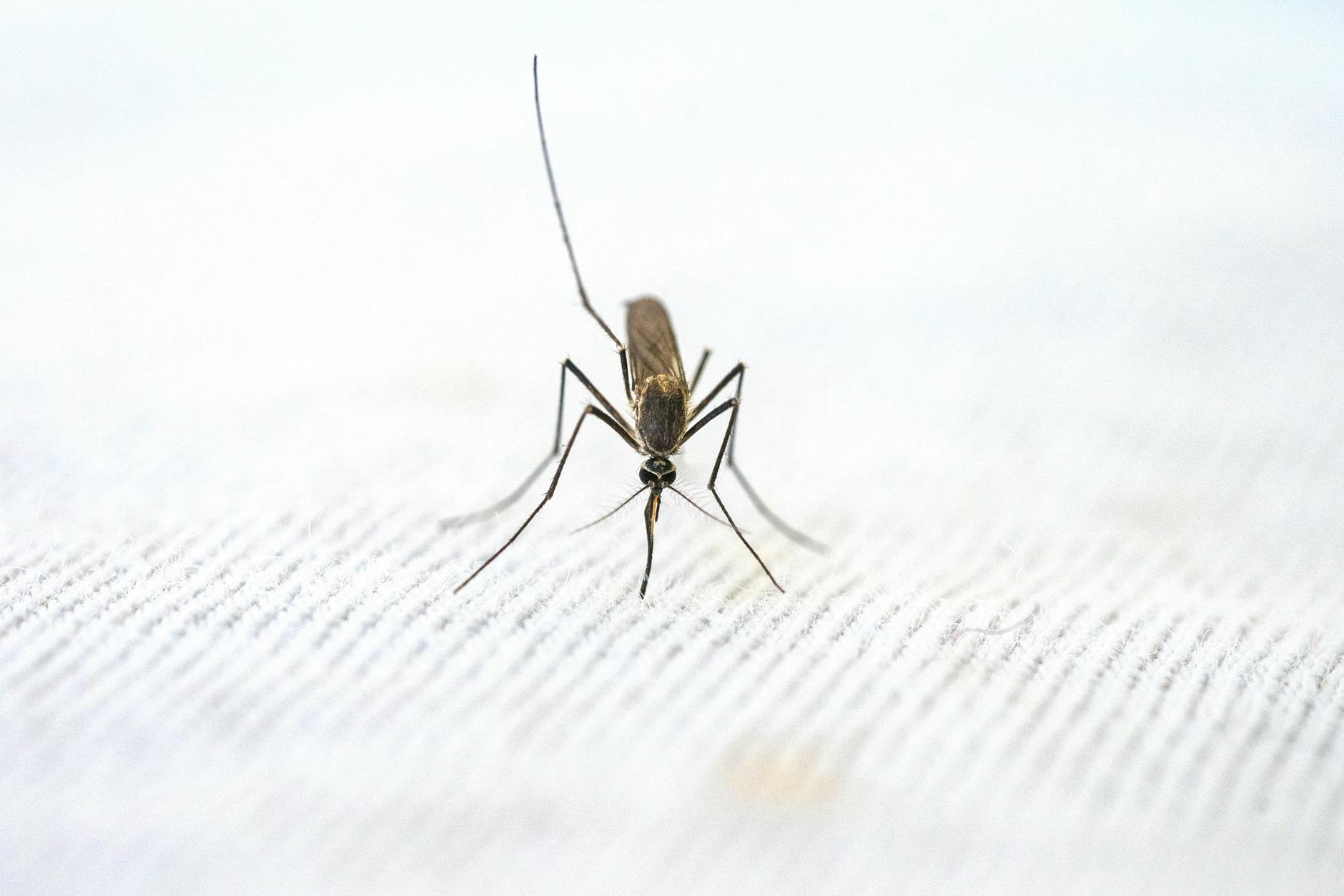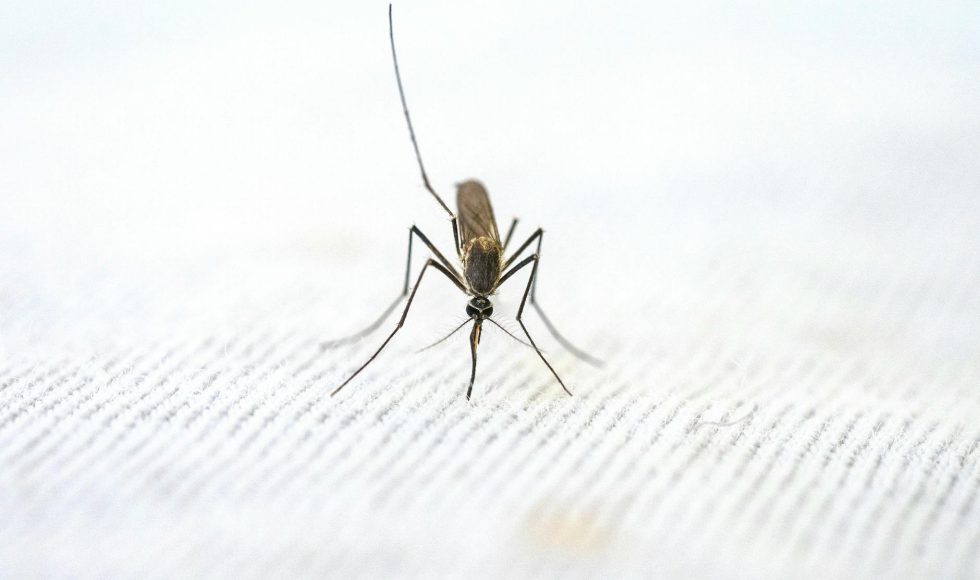Yutaka Suzuki from the University of Tokyo presented at London Calling in 2016 on MinION sequencing of malaria parasites. While this was an older presentation, it provided information on different applications of long-read sequencing. Suzuki and team used MinION sequencing to study mutations with earlier versions of the flow cell: R7.3! Cancer mutations were analyzed using cancer cell lines. A similar strategy was used for genotyping the malarial parasite. Variants were identified that helped inform treatment. For this, custom scripts had to be created. Suzuki and team also used LAMP amplification techniques to sequence amplicons in the field in developing countries. At the time, sequencing with this technology was not standard. Therefore, the applications shared by Suzuki in this five-minute presentation revealed promising opportunities for sequencing clinically relevant samples with Oxford Nanopore Technologies (ONT).



